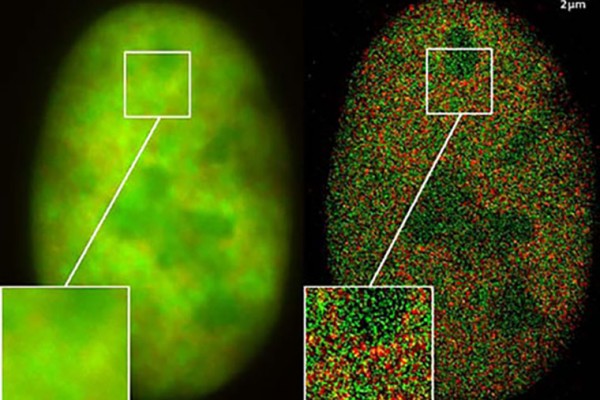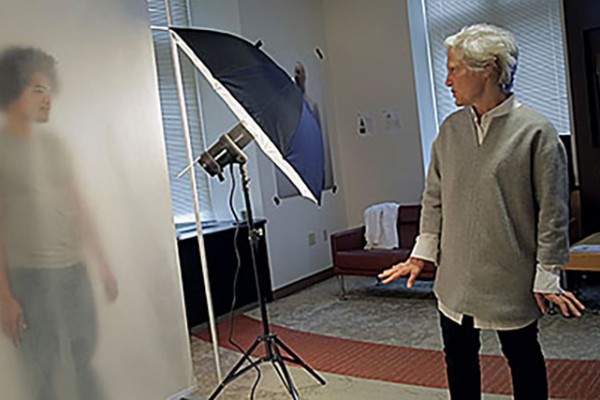The View From Here 10.19.15
Images from in and around the Washington University campuses. To view captions, click the “i” in the upper left corner.
After the Ferguson Commission: What’s next for Washington University?
The Washington University in St. Louis community is invited to a forum on Friday, Oct. 23, to hear recommendations from the Ferguson Commission and to learn about the university’s opportunities to contribute toward the commission’s calls to action.
Nobel laureate Moerner to give 2015 Weissman Lecture
Nobel laureate and Washington University in St. Louis alumnus William E. Moerner, PhD, will present the Weissman Lecture “Fun with Light and Single Molecules Opens Up an Amazing New View Inside Cells” at 4 p.m. Thursday, Nov. 5, in Louderman Hall on the Danforth Campus. The lecture describes the surprising techniques he and other chemists developed for imaging individual molecules, techniques that won him the 2014 Nobel Prize in chemistry.
Study reveals new, potent way to boost immunity and fight viruses
Studying mice with a variety of viral infections, scientists at the School of Medicine have demonstrated a way to dial up the body’s innate immune defenses while simultaneously attacking a protein that many viruses rely on to replicate. The findings reveal previously unknown weapons in the body’s antiviral immune arsenal and provide guidelines for designing drugs that could be effective against a broad range of viruses.
WashU Expert: Brace yourself, it’s fall-back time again
Falling back is easier on us than springing forward, says Erik Herzog, a biologist at Washington University in St. Louis who has devoted his career to studying body clocks and circadian rhythms. But it is never a good idea to force our body clocks to follow abrupt changes in mechanical clocks. We should get rid of daylight savings time, Herzog says.
Richard Wahl elected to National Academy of Medicine
Richard L. Wahl, MD, the Elizabeth E. Mallinckrodt Professor and head of radiology at the School of Medicine, has been elected to the National Academy of Medicine, formerly known as the Institute of Medicine. Election to this academy is considered one of the highest honors in the field of health and medicine in the United States.
Moving, even to more affluent areas, puts kids at greater risk for not graduating high school
Want to make sure your child graduates from high school? Don’t move.A new study from the Brown School at Washington University in St. Louis finds that students experiencing at least one move over a twelve month period have a roughly 50 percent decreased likelihood of obtaining a high school diploma by age 25. These associations are identified regardless of whether students move to a poorer or more affluent area.
Premature birth appears to weaken brain connections
Babies born prematurely face an increased risk of neurological and psychiatric problems that may be due to weakened connections in brain networks linked to attention, communication and the processing of emotions, according to new School of Medicine research led by Cynthia Rogers, MD.
Art on Campus: Ann Hamilton
Artist Ann Hamilton discusses “O N E E V E R Y O N E · St. Louis,” a public art installation created for the Brown School’s Hillman Hall and the latest installment in Art on Campus, WashU’s percent-for-art program.
Three appointed to Missouri Supreme Court Racial and Ethnic Fairness Commission
Three people from Washington University in St. Louis have been appointed to the Missouri Supreme Court’s newly formed Racial and Ethnic Fairness Commission. They are: Kimberly Norwood, JD; Geetha Sant, JD; and Karen Tokarz, JD.
View More Stories




